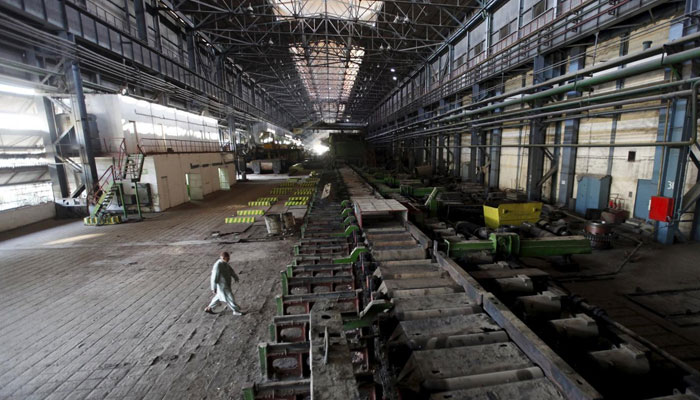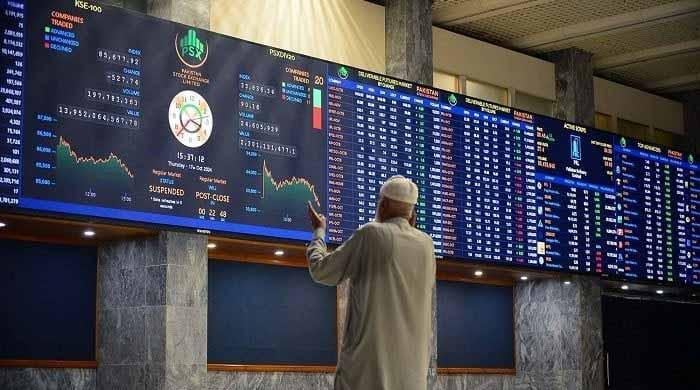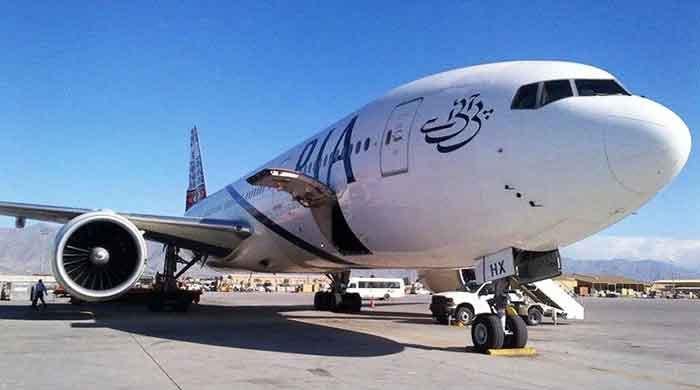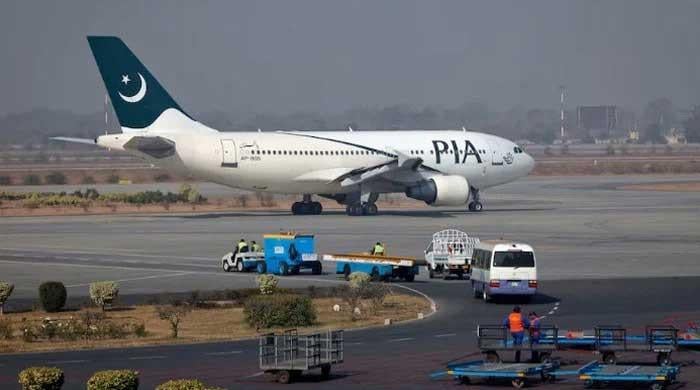Economic crisis 'chips away' at Pakistan's industrial might
"Situation has become very critical as compared to crises seen in 2018 or 2008," analyst tells Bloomberg
February 18, 2023

- Firms are halting operations amid inventory shortfall.
- These closures will impact economic growth, analyst warns.
- Tahir Abbas says he has never seen such extent of shutdowns.
As cash-strapped Pakistan continues its efforts to avert a debt default, a shortage of raw materials and a severe liquidity crunch have forced several companies to halt operations in the last few months, Bloomberg reported Saturday.
The critical position of foreign exchange reserves — which stand at around $3.19 billion as of February 10 — reflects the miseries of the $350 billion economy struggling to fund imports as thousands of containers of supplies were stranding at its ports stalling production and putting jobs of millions of people at risk.
Arif Habib Limited Head of Research Tahir Abbas said that he has never seen such an extent of shutdowns among listed companies, warning that these closures will impact economic growth as well as increase unemployment levels in the country.
“The overall demand has tapered off because of the multi-decade inflation,” Abbas said. “So you see normal demand destruction. Over and above this, we are taking administrative measures to slow down the economy.”
Expecting economic growth to slow to a range of 1%-1.25% this fiscal year 2022-23 ending June from 6% in FY22, Abbas said: “The situation this time has become very critical as compared to the crises we had seen in 2018 or 2008."
A day earlier, Pak Suzuki Motor Company — one of the country’s largest car manufacturers — announced its decision to extend the shutdown of the automobile plant till February 21 citing inventory shortfall as a major reason.
Meanwhile, Ghandhara Tyre & Rubber Company — manufacturer of tires and tubes for automobiles — shut its plant on February 13, saying it is facing "immense hurdles towards importing raw materials and obtaining clearance of consignments from commercial banks".
Apart from these two listed companies, several others including manufacturers of fertilisers, steel, and textiles have shut down their factories indefinitely or suspended operations intermittently as they grapple with an inventory shortfall.
Along with Pak Suzuki, Honda Motors, and Toyota’s local units also went through weeks-long plant closures which affected the sales adversely — that fell 65% to the lowest in almost three years in January compared to a year ago.
Among those that have also shut or slowed operations are:
- GSK Plc’s Pakistan unit
- Engro Fertilizers Limited
- Fauji Fertilizer Bin Qasim Limited
- Nishat Chunian Limited
- Amreli Steels Limited
- Millat Tractors Limited
- Diamond Industries Limited









